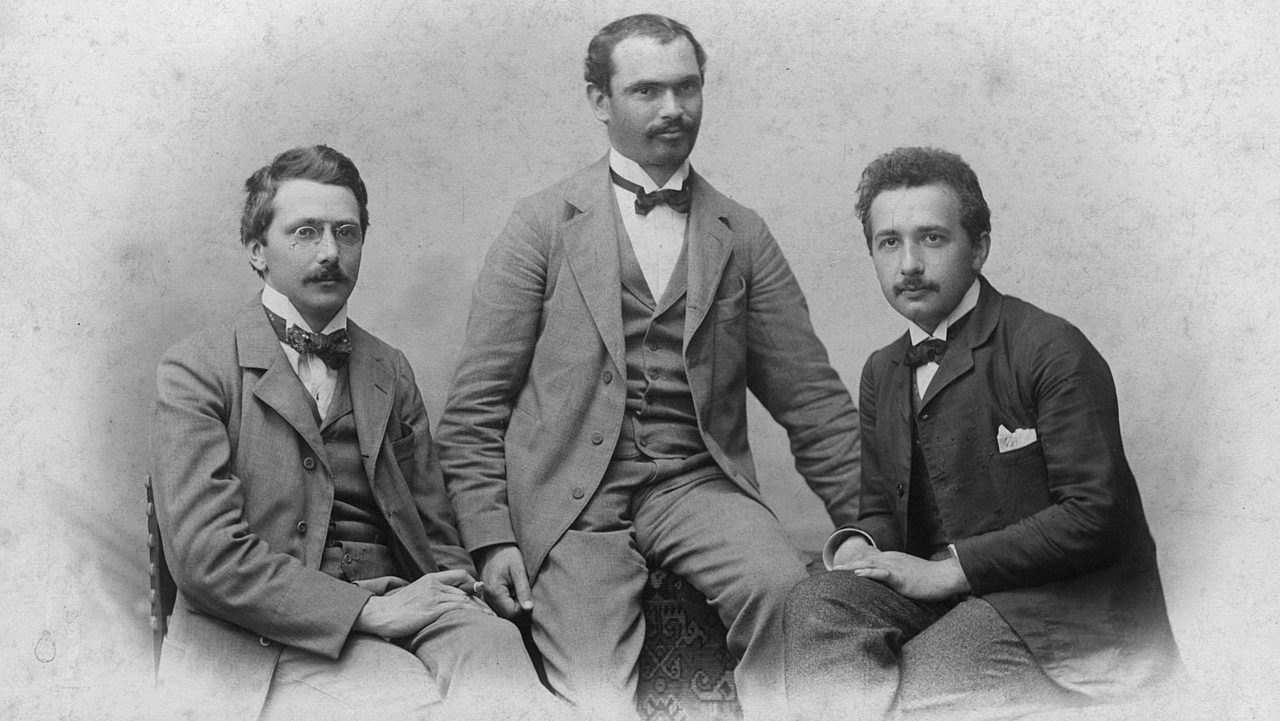When teachers get stuck
Robert Fried says…
n
n
When student resistance to classroom learning is seen as typical and inevitable, and teachers console each other to “just hang on till June,” that . . . is being stuck.
n
The worst part of being stuck comes when you begin to think that what you are experiencing is the inevitable condition of being a teacher.
n
To be stuck as a teacher is . . . . dangerous to your spirit. You feel that your school is a place where authentic teaching and learning happen only rarely. It is the rare student who seems to genuinely appreciate what you have to offer, the rare class that responds well to the instruction you have meticulously planned for them. You consider yourself lucky if “most of the kids are paying attention, most of the time,” or if your latest lesson “seemed to go over okay.” You face the daily grind of instructional delivery, content coverage, student apathy, and grade consciousness. Your own learning streams seem to have dried up even as each new school year presents its complement of pedagogical challenges.
n
When you are stuck, it is not at all clear that there is anything you can do to resolve the situation you’re in. The horizons of your job look unchanging and unchangeable. . . . In such cases teachers stop seeing students, colleagues, and administrators as individuals capable of enhancing their effectiveness, but instead view them as “forces I have to contend with.”
n
As teachers, we pour incredible energy into our daily work. . . . Such an outpouring of energy and concern is tolerable as long as we are getting something back – so long as the flow of energy goes two ways, and we receive from our students and colleagues and, occasionally, parents as well, sufficient evidence that our efforts are having a real impact, that our caring is appreciated. But when the energy flow seems decidedly one-directional – outward and away – we begin to burn out. [The Game of School, pp. 153–155]
n




